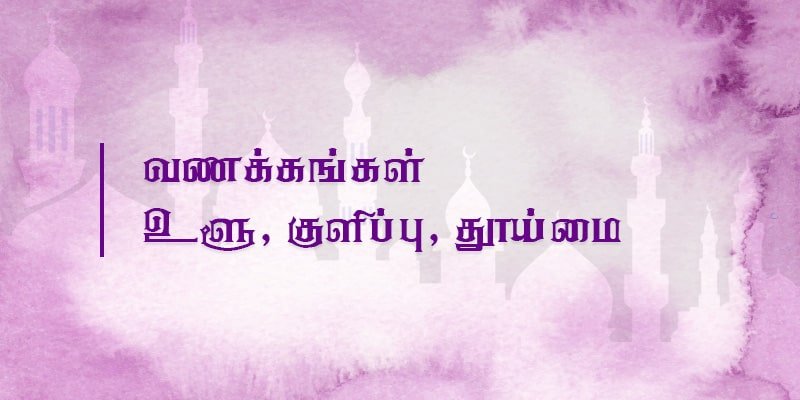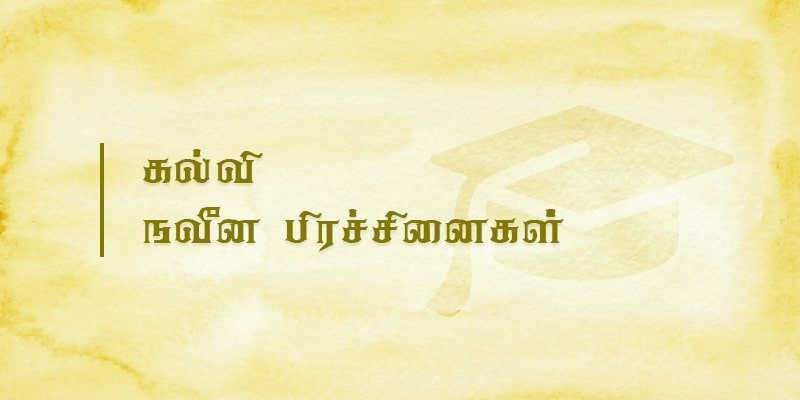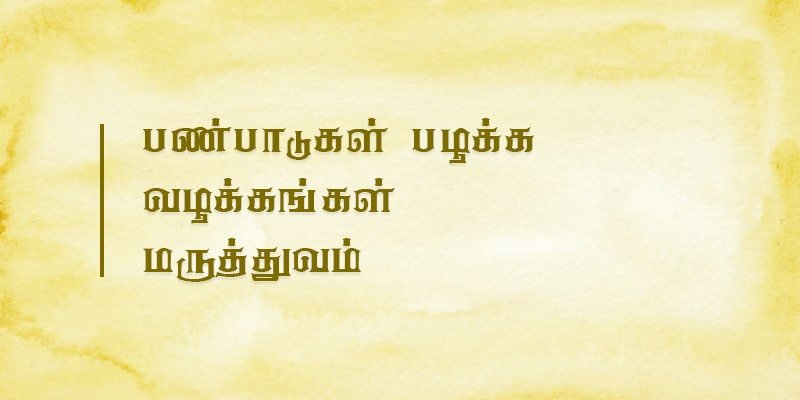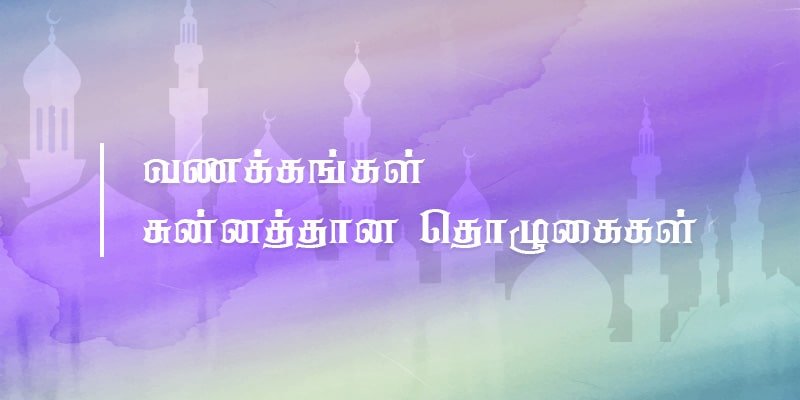47. Remedy for giving up fasting.
This verse says, those capable of fasting (but have given it up) should feed the poor as a remedy. Most of the translators of this verse mention the word ‘capable’ as incapable. But the word in the original Arabic version that is used is an agreement verb ‘Yutheequna,’ and the negative verb ‘La’yutheequna’ is not used here. Hence the translation of the word ‘Yutheequna’ as incapable is wrong.
For the capable it is mandatory to fast, how can they lookout for a remedy? Pondering over these lines of the Quran reveals these people have interpreted the Quran as per their thinking.
In the initial stages when fasting was made mandatory, a concession was offered saying ‘those who are capable should observe fasting, or as an alternative feed the poor’. This is what is said in this verse (2:184) of the Quran. This law was later changed.
A reference regarding this can be found in the Hadith Book Bukhari.
Salama bin Akwa (R.A) said:
At the time of revelation of this verse, many opted for the remedy instead of fasting. Later the law was modified in verse (2:185) as ‘Among you, those who have attained the month of Ramadan fast’.
Hadith book Bukhari:4507
From this we come to understand verse 2:184 was revealed to convey, those with the capability to fast should do so, at the same time can opt to feed the poor on giving up the same.
And conveys an inset message that those who are incapable need not fast nor seek remedy.
Now, because this law has been changed, it is imperative one fasts during the month of Ramadan and not seek remedy in offering food to the poor.
But the incapable who could not fast need not seek a remedy is the message conveyed here to be precise.
Because the above verse of the Qur’an talks of a remedy only by those who are capable of fasting.
Fasting is not mandatary upon those incapables. So, when a duty is not mandatory upon some, non-execution does not amount to a sin, and hence the question of a remedy does not arise. What is the necessity for a remedy when no crime / sin is committed.
We need not take into consideration the contrary sayings of Ibn Abbas (R.A) regarding this.
Adha bin Abee Rabah (R.A) said after reciting verse 2:184 of the Qur’an, ‘this is a verse containing a law that was changed with reference to the senile’. They should feed the poor in lieu of every fast not observed and referred to by Ibn Abbas in this context.
Hadith Book: Bukhari 4505.
This verse does not set the way as quoted by Ibn Abbas (R.A) making it mandatory upon aged people to fast, neither does it talk of ways to seek remedy. Hence this message quoting Ibn Abbas conveying something contradictory to the Quran cannot be accepted.
Allah will not find fault with a person in the hereafter, who has not performed Haj, when he did not have the financial means to perform it, because it is not mandatory upon persons who could not afford to do it. Similarly, people who have the capacity to fast must observe it. Those incapables of fasting need not observe it. Since fasting is not mandatory for such people, automatically it turns out there is no need to seek remedy.
47. Remedy for giving up fasting.
Typography
- Smaller Small Medium Big Bigger
- Default Meera Catamaran Pavana
- Reading Mode
















